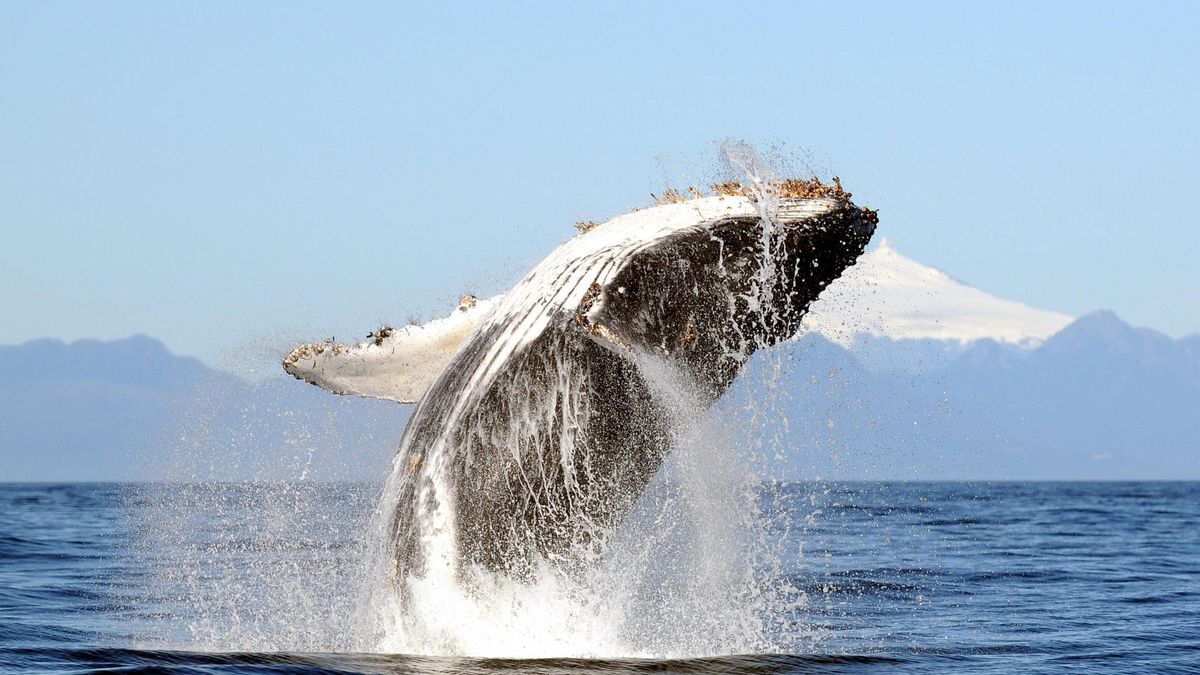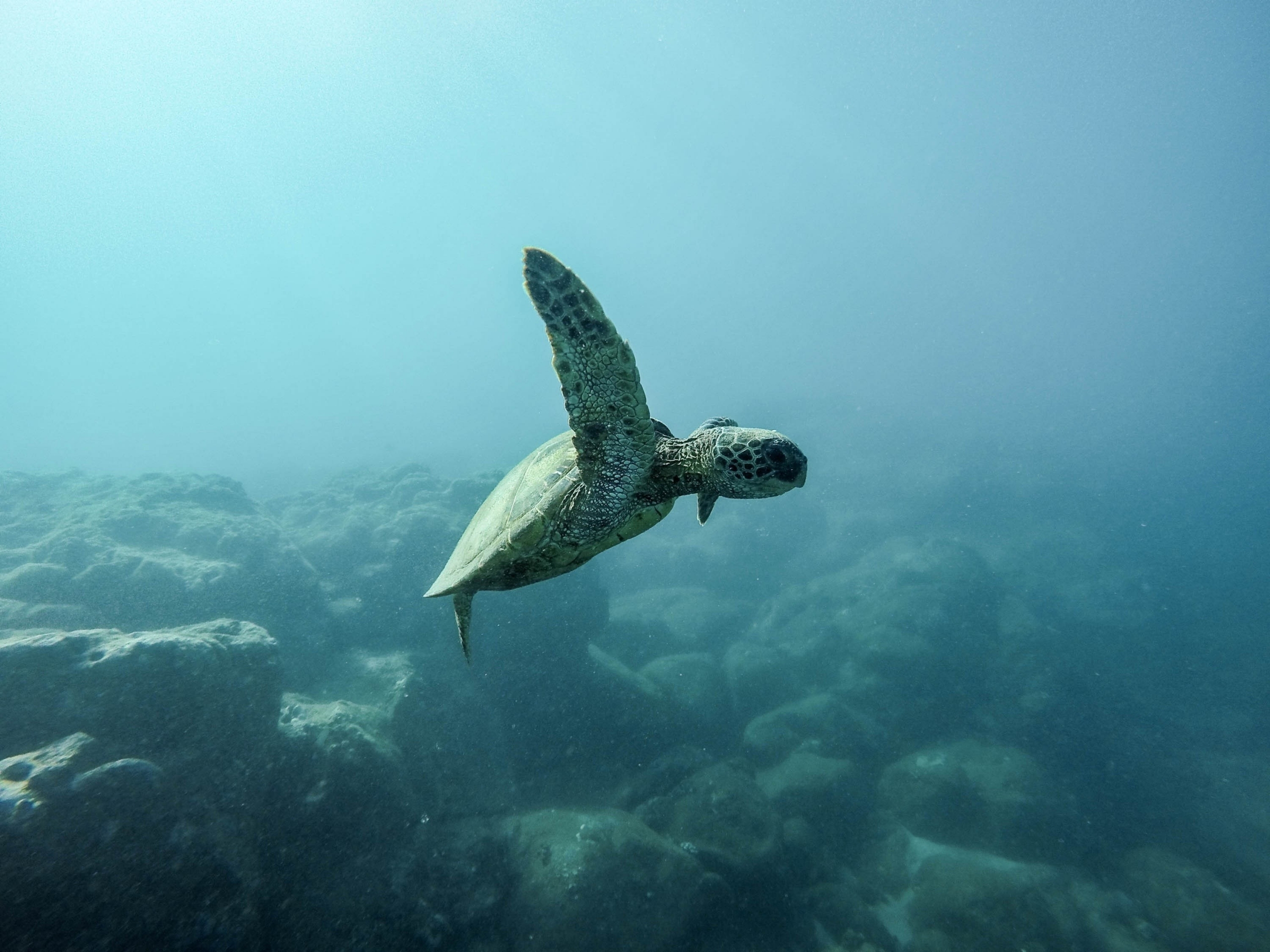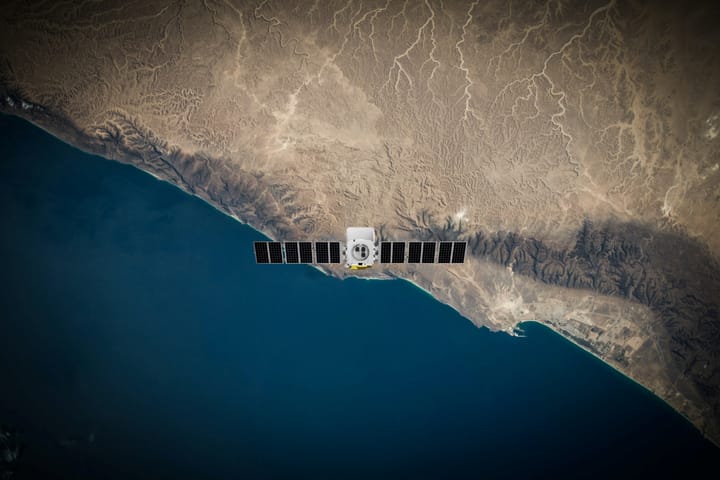Threatened marine life could be recovered by 2050. Here’s how

A few minutes every morning is all you need.
Stay up to date on the world's Headlines and Human Stories. It's fun, it's factual, it's fluff-free.
An international team of scientists has predicted that depleted marine wildlife could recover by 50% to 90% by 2050 if decisive action is taken in the immediate future.
Their findings, published in the journal Nature, state that the resiliency of marine wildlife could allow it to restore ocean populations and habitats if issues such as climate change, overfishing and pollution are dealt with on a large scale.
Carlos Duarte, the study’s lead author and a professor of marine science at King Abdullah University of Science and Technology in Saudi Arabia, warned, “If we don’t tackle climate change and raise the ambition and immediacy of these efforts, we risk wasting our efforts.”
“We also need to move closer towards reducing pressure on fish stocks, and tackle elements of pollution, such as plastic litter,” he said.
The study found that despite a loss of marine biodiversity during the 20th century, the population’s losses have slowed and in some cases even recovered. These include humpback whales migrating from Antarctica to Australia, whose numbers have increased from a couple hundred in 1968 to over 40,000 today, thanks to a ban on commercial whaling by the International Whaling Commission in 1986.
Other examples include sea otters in Canada, grey seals in the Baltic, and northern elephant seals in the US, whose numbers have increased from just 20 breeding animals in 1880 to more than 200,000 today.
What needs to be done

Researchers stress that the focus should not just be on conservation, but also on sustainable fishing, reducing pollution and actively rebuilding wildlife populations and habitats.
The scientists involved in the Nature study identified nine crucial steps needed to rebuild marine wildlife. These include salt marshes, mangroves, seagrasses, coral reefs, kelp, oyster reefs, fisheries, megafauna and the deep ocean.
Habitats such as seagrass, salt marshes and mangroves have a positive impact on marine life and also provide protection for coastal areas during storms, as well as from erosion.
Successfully restoring ocean ecosystems will require cooperation from governments and individuals, as well as substantial financial investment. Researchers estimate that it will cost US$10 to $20 billion a year to rebuild marine life by 2050, but they note that doing so would deliver far more in return.
Delivering a healthy ocean for future generations

For years, humans have overexploited the oceans. Much of the planet’s marine life has been hunted nearly to extinction, and habitats and ecosystems have been greatly damaged as a result of oil spills and plastic waste.
The oceans’ wildlife and productivity have been further compromised due to climate change, which has caused an increase in acidification and oxygen loss, while increasing temperatures have led to increased coral bleaching. All this according to a special report from the Intergovernmental Panel on Climate Change (IPCC), released in September last year.
“We have a narrow window of opportunity to deliver a healthy ocean to our grandchildren’s generation, and we have the knowledge and tools to do so,” Duarte says.
“Failing to embrace this challenge — and in so doing condemning our grandchildren to a broken ocean unable to support high-quality livelihoods — is not an option.”
[article_ad]
Have a tip or story? Get in touch with our reporters here!
Sign up for daily news briefs from The Millennial Source here!




Comments ()